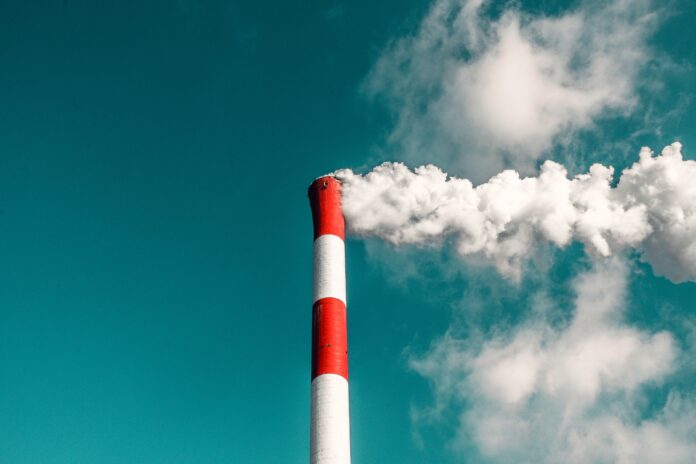CARBON emissions from Ireland’s electricity sector could be cut from almost ten million tonnes annually to under two million tonnes by 2030 according to a new report today from energy specialists Baringa and published by Wind Energy Ireland.
The report also sets out a more long-term pathway to a zero-carbon electricity system where a combination of fair carbon pricing, long duration storage and green hydrogen will eliminate the need for fossil fuels in the Irish electricity system. It follows the publication last month of a report from the International Energy Agency which called for countries like Ireland to have a net-zero electricity system by 2035 and the recent approval by the Dáil of the Climate Action Bill which requires a 51 per cent cut in carbon emissions over the decade.
Noel Cunniffe, CEO of Wind Energy Ireland, said:
“We can choose to cut carbon emissions in our electricity system by almost 80 per cent by 2030. The Baringa research makes clear that we can do this using proven, existing, technology and that it will save the Irish electricity consumer approximately €180 million annually. The report also goes further, setting out how the development of green hydrogen, long-duration on storage and putting a fair carbon price for fossil fuels in the electricity market can deliver a net-zero electricity system. After more than 140 years we are finally in the endgame for fossil fuels in the production of electricity.”
The research sets out three key conditions that must be met if Ireland’s carbon emissions in the electricity sector are to fall by 80 per cent between now and 2030;
- We must accelerate the drive towards the existing Government targets of 8,200 MW of onshore wind and 5,000 MW of offshore wind while introducing a more ambitious target for 5,000 MW of solar power.
- EirGrid must replace its current, fossil-fuel based, back-up system with one which uses zero-carbon technology like battery storage and demand response.
- The electricity grid must be strengthened over the next ten years with new grid infrastructure, the completion of critical projects like the North-South Interconnector and investment in EirGrid’s DS3 programme which integrates renewables onto the system.
It then goes on to identify two further recommendations which, if fully implemented, would reduce carbon emissions from Ireland’s electricity system to zero;
- A carbon price floor must be introduced to the Irish electricity market and it must rise to €100 per tonne of CO2 by 2030 to reflect the real cost to society of carbon-emitting fossil fuels.
- We must switch to green hydrogen and long-duration storage technology to provide reliable, on-demand, electricity when wind and solar are unavailable. Existing gas generation plants must be retrofitted to run on green hydrogen and any new plants designed to make conversion easy.
Baringa Partners, an independent business and technology consultancy, which produced the report, previously wrote the seminal 70by30 analysis, which showed how Ireland could achieve a 70 per cent renewable electricity power system by 2030. This paved the way for the inclusion of this target in the Climate Action Plan.
Mark Turner, Director of Energy, Utilities and Resources at Baringa Partners and lead author of the report, said:
“Our analysis shows that Ireland has an extraordinary opportunity to double down on power sector decarbonisation. Getting to under 2 million tonnes of carbon by 2030 means going further and faster with the current plans but does not need anything radical or unproven. And we show it will cost consumers less than the current trajectory. A zero-carbon power sector is within reach for Ireland in the 2030s.”
While the research shows Ireland has the renewable energy we need to decarbonise our electricity system, Wind Energy Ireland has highlighted worries over a lack of resources within critical State agencies and Government departments as a growing concern.
Noel Cunniffe continued:
“We have the renewable energy, the technology and the investment we need but there is a real question over whether the Government is investing enough in its own departments and the critical State agencies which will need to step up and deliver by 2030. Additional resources and expertise are urgently needed in An Bord Pleanála to ensure a robust and fair planning system, in the NPWS to ensure projects are developed in a sustainable way and in bodies like EirGrid, ESB Networks and the Commission for the Regulation of Utilities to ensure the electricity system continues to operate safely and securely. We would urge Minister for Finance Paschal Donohoe TD to ensure these State agencies, and the relevant Government departments, have the personnel, resources and expertise they need to work alongside industry and communities across Ireland to deliver the vision set out in the Climate Action Bill.”










